Tag: federal government
-
SEC emissions disclosure rule could come later than expected

Securities and Exchange Commission (SEC) spokesperson Mellissa Campbell Duru said last week the expected October release date for the commission’s emissions disclosure rule was a best estimate that could be inaccurate, according to a Bloomberg Law report. Campbell Duru also said the SEC—like BlackRock CEO Larry Fink and others in the capital markets—wants to limit…
-
Federal Register weekly update: 1,548 pages added
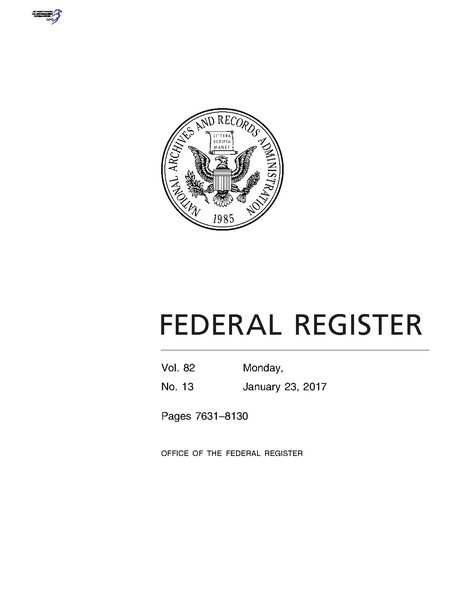
The Federal Register is a daily journal of federal government activity that includes presidential documents, proposed and final rules, and public notices. It is a common measure of an administration’s regulatory activity, accounting for both regulatory and deregulatory actions. From Sept. 11, 2023, through Sept. 15, 2023, the Federal Register grew by 1,548 pages for…
-
93 candidates filed for federal and statewide offices last week
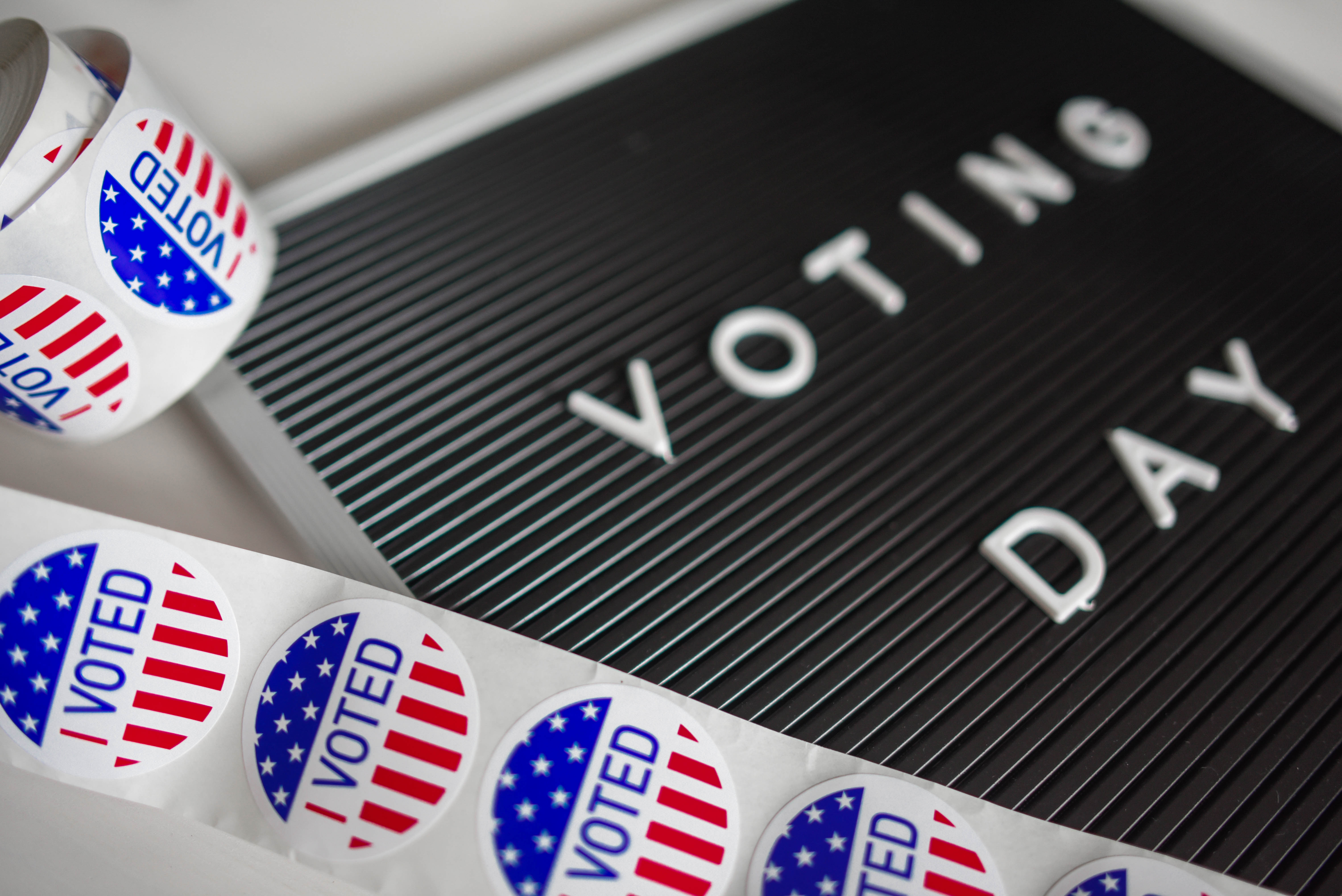
Ninety-three (93) people declared candidacies for federal or statewide offices in the past week, 53 fewer than last week. All of these candidates declared before their state’s official filing deadline. Twenty-three of those candidates were Democratic, while 62 were Republican. Eight are minor-party candidates. Fifty candidates are running for Congress, 27 for state legislatures, two…
-
Biden issued two executive orders in May on sanctions and coronavirus vaccine requirements
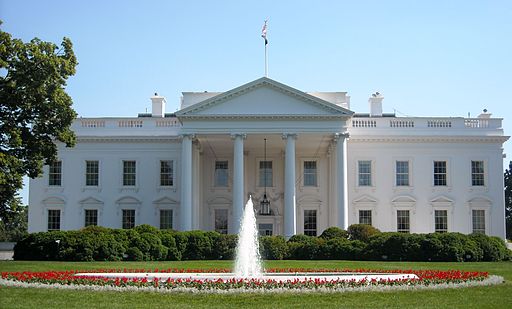
President Joe Biden (D) issued two executive orders in May, bringing his total number to 115. The two orders he issued in May were: Executive Order on Moving Beyond COVID-19 Vaccination Requirements for Federal Workers (May 9, 2023) Executive Order on Imposing Sanctions on Certain Persons Destabilizing Sudan and Undermining the Goal of a Democratic…
-
OIRA reviewed 35 significant rules in May

In May 2023, the White House Office of Information and Regulatory Affairs (OIRA) reviewed 35 significant regulatory actions issued by federal agencies. OIRA approved one rule with no changes and approved the intent of 30 rules while recommending changes to their content. Two rules were withdrawn from the review process by the issuing agency. Two…
-
Federal Register weekly update: Highest weekly page total so far in 2023
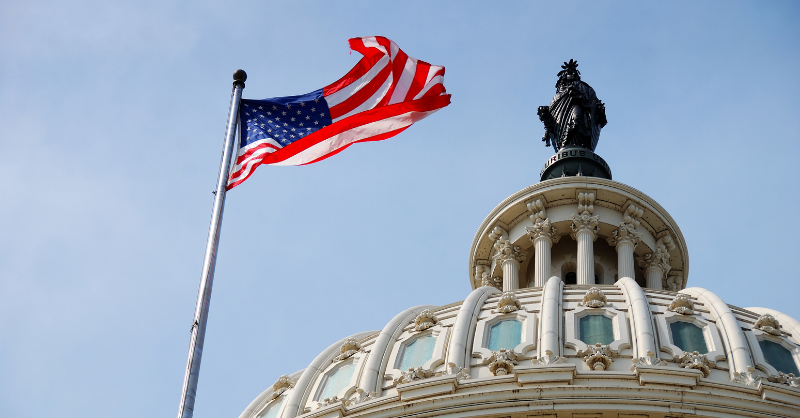
The Federal Register is a daily journal of federal government activity that includes presidential documents, proposed and final rules, and public notices. It is a common measure of an administration’s regulatory activity, accounting for both regulatory and deregulatory actions. From May 1, 2023, through May 5, 2023, the Federal Register grew by 3,068 pages for…
-
OIRA reviewed 37 significant rules in April

In April 2023, the White House Office of Information and Regulatory Affairs (OIRA) reviewed 37 significant regulatory actions issued by federal agencies. OIRA approved three of these rules with no changes and approved the intent of 32 rules while recommending changes to their content. Two rules were withdrawn from the review process by the issuing…
-
Biden issues four executive orders in April
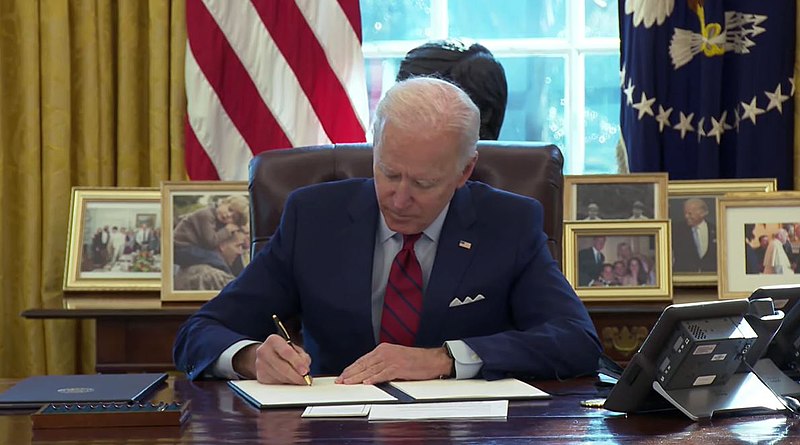
President Joe Biden (D) issued four executive orders in April, bringing his total number to 113. The four orders he issued in April were: Executive Order on Authority to Order the Ready Reserve of the Armed Forces to Active Duty to Address International Drug Trafficking (April 27, 2023) Executive Order on Revitalizing Our Nation’s Commitment to…
-
Biden executive order incorporates environmental justice into federal agency missions
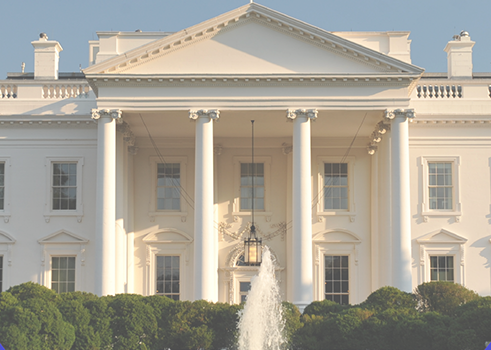
President Joe Biden (D) issued an executive order on April 21 creating a White House Office of Environmental Justice and directing all federal agencies to prioritize what it described as environmental justice in their policymaking whenever and however possible. According to Fox News: “President Biden will sign an executive order Friday in the Rose Garden…
-
Chicago to host 2024 Democratic National Convention, Fox News will host first Republican primary debate
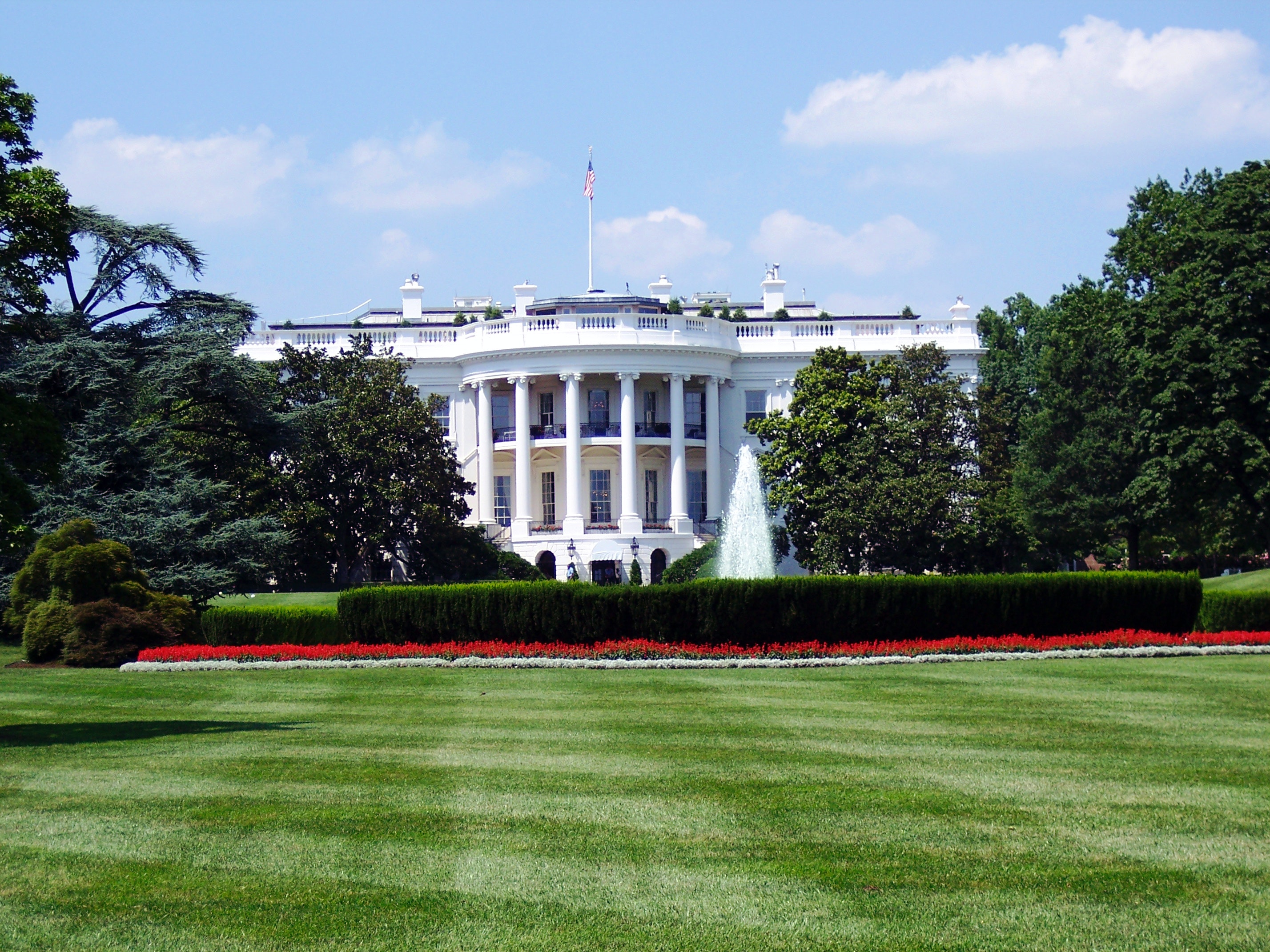
As of April 14, 2023, six noteworthy candidates are running in the 2024 presidential election, including one Democrat and five Republicans. Additionally, U.S. Senator Tim Scott (R-S.C.) announced he had formed a presidential exploratory committee on April 12. Below is a summary of each candidate’s campaign activity from April 7 to April 14. Author and…

